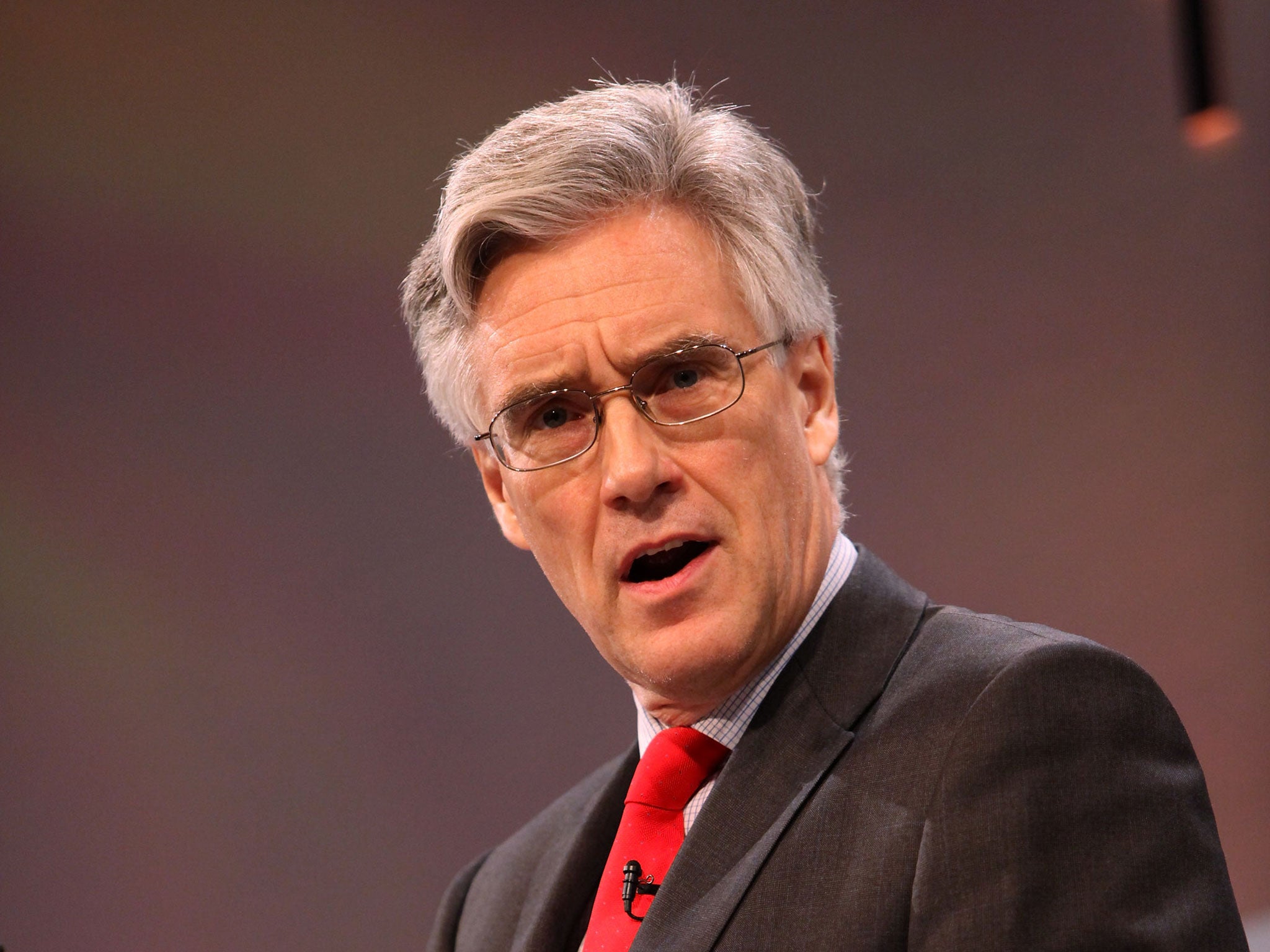Bankers are considering ‘dropping money from the sky’ to prop up the economy
Jeremy Corbyn has also advocated a ‘people’s quantitative easing’ which has some similarities to helicopter money

A daring new approach to solving the economic slump that has taken hold in Europe is gaining popularity in official circles.
Helicopter money refers to money figuratively “dropped from the sky”, or freshly created cash used to fund infrastructure projects or put directly into the hands of citizens.
Rather than being thrown from the sky, helicopter money might mean every UK citizen being credited with, say, £500 from the central bank straight into their current account.
Or government spending on new roads and railways financed by bonds that are then immediately bought by the central bank with newly created money and held until maturity.
Lord Adair Turner, former chairman of the UK finance regulator the Financial Services Authority, has urged serious consideration of helicopter money to rebalance growth in stuttering and highly indebted economies around the world.
“We are in such a deep deflationary trap that we should consider what Milton Friedman called helicopter money,” Lord Turner said at a conference on Transforming Finance in London on 11 May.
Jeremy Corbyn has also advocated a “people’s quantitative easing” which has some similarities to helicopter money.
And the idea seems to be gaining traction among some central bankers. In March, Mario Draghi, the president of the European Central Bank, described helicopter money as a “very interesting concept”.
The name comes from Milton Friedman, Margaret Thatcher’s favourite free-market economist. His 1969 idea was that central bankers could never fail to keep the money supply growing healthily since they could always drop freshly printed bills from a helicopter onto the cash-starved economy below.
This gets around the usual drawback of quantitative easing through the central bank buying up government debt. This can often end up raising the price of assets such as the government bonds. But it doesn’t necessarily mean consumers have more money to spend.
Studies have shown that creating brand new money by using helicopter money has a limited effect on inflation when the economy is already verging on deflation.
It also means the new money created can be more evenly distributed than in conventional quantitative easing and doesn’t simply benefit the rich who have lots of assets already.
Some officials might be coming round to the idea because many major economies are still struggling to return to growth eight years after the global financial crisis.
But economists have argued that helicopter money should be considered as part of a bigger plan to revive the economy, rather than an outright solution in itself.
“This should not be considered as a crazy idea but nor should it be considered as a panacea,” Lord Adair said.
“We probably need it as part of the total toolkit. Once it is in the toolkit we need to use it with care, but we should not treat it as something unacceptable.”
Join our commenting forum
Join thought-provoking conversations, follow other Independent readers and see their replies
Comments